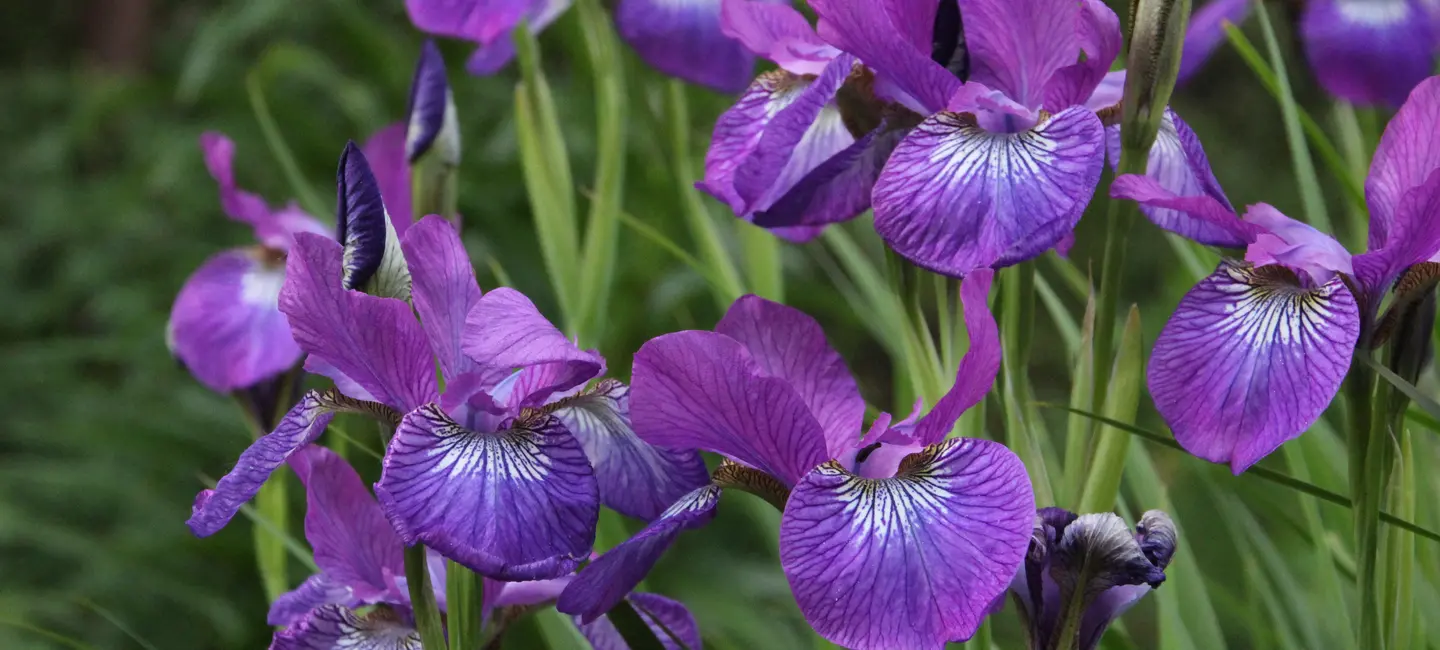
Orris root comes from two different species of iris, Iris pallida and Iris germanica. It is sometimes used to make medicine.
Orris root is generally used in combination with other herbs and can be found in homeopathic dilutions and tea preparations. Orris contains many chemicals, but it's not clear how it might work in the body.
People use orris root for conditions such as bad breath, bronchitis, wound healing, and joint pain, but there is no good scientific evidence to support these uses.
Is It Effective?
There is interest in using orris root for a number of purposes, but there isn't enough reliable information to say whether it might be helpful.
Is it Safe?
When taken by mouth: There isn't enough reliable information to know if orris root that has been dried and peeled is safe to use. But it is possibly unsafe to use the fresh plant juice or root. It can cause severe irritation of the mouth, as well as stomach pain, vomiting, and bloody diarrhea.
When applied to the skin: There isn't enough reliable information to know if orris root that has been dried and peeled is safe to use. But it is possibly unsafe to use the fresh plant juice or root. It can cause severe skin irritation. Orris root might also cause an allergic reaction in some people.
Special Precautions & Warnings:
Pregnancy and breast-feeding: There isn't enough reliable information to know if orris root is safe to use when pregnant or breast-feeding. Stay on the safe side and avoid use.
It is not known if Orris interacts with any medicines. Before taking Orris, talk with your healthcare professional if you take any medications.
There are no known interactions with herbs and supplements.
There are no known interactions with foods.
There isn't enough reliable information to know what an appropriate dose of orris root might be. Keep in mind that natural products are not always necessarily safe and dosages can be important. Be sure to follow relevant directions on product labels and consult a healthcare professional before using.
Blue Flag, Daggers, Flag, Flaggon, Flag Lily, Fliggers, Florentine Iris, Gladyne, Iris, Iris d'Allemagne, Iris de Florence, Iris florentina, Iris germanica, Iris des Jardins, Iris junonia, Iris pallida, Jacob's Sword, Lirio Azul, Liver Lily, Myrtle Flower, Poison Flag, Rhizoma iridis, Segg, Sheggs, Snake Lily, Water Flag, White Dragon Flower, Wild Iris, Yellow Flag, Yellow Iris.
Information on this website is for informational use only and is not intended to replace professional medical advice, diagnosis, or treatment. While evidence-based, it is not guaranteed to be error-free and is not intended to meet any particular user’s needs or requirements or to cover all possible uses, safety concerns, interactions, outcomes, or adverse effects. Always check with your doctor or other medical professional before making healthcare decisions (including taking any medication) and do not delay or disregard seeking medical advice or treatment based on any information displayed on this website.
© TRC Healthcare 2024. All rights reserved. Use and/or distribution is permitted only pursuant to a valid license or other permission from TRC Healthcare.
